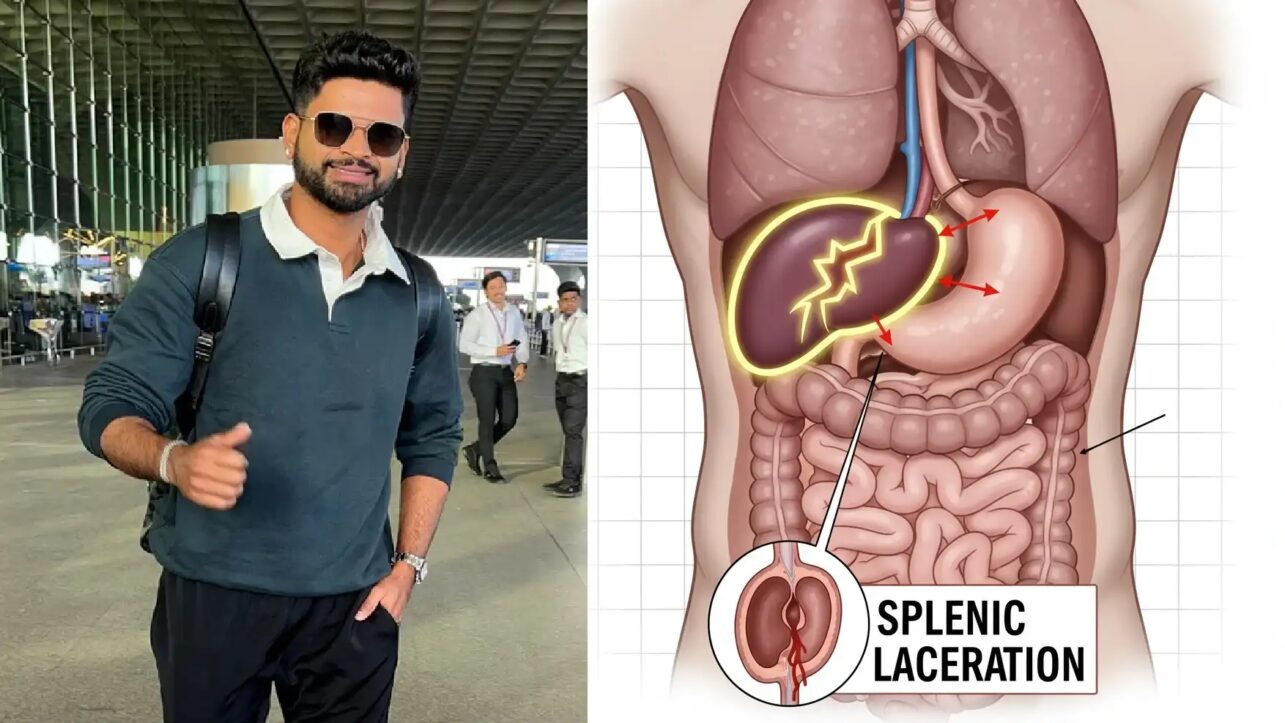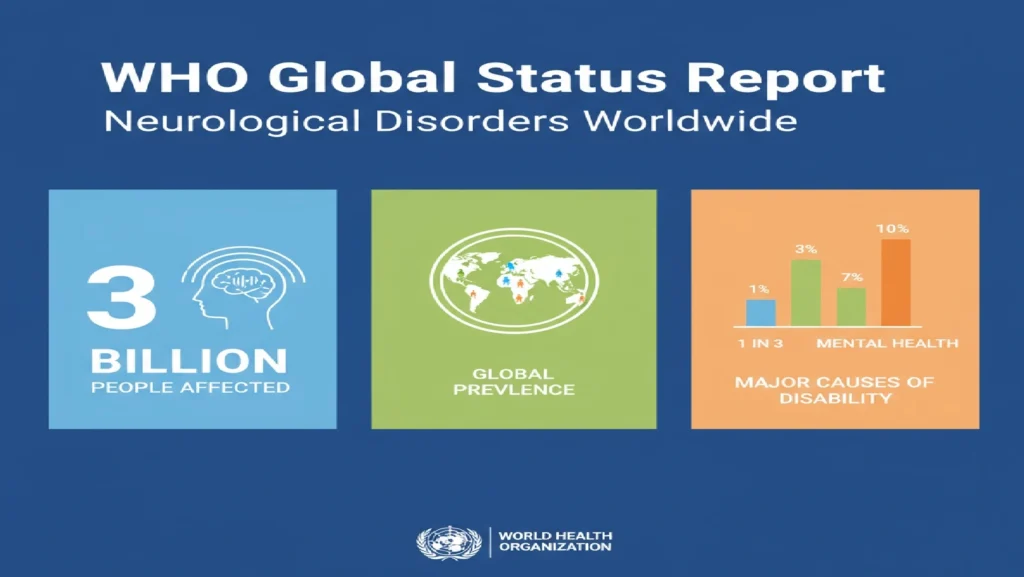The NHS has reiterated advice to limit over‑the‑counter omeprazole to two weeks and to seek professional review if symptoms persist or worsen, a reminder that resonates across India where PPIs are among the most commonly used medicines and often continued without scheduled reassessment.
- Regional NHS guidance encourages review and step‑down to minimize long‑term exposure, citing potential risks including fractures, vitamin B12 deficiency, and hypomagnesaemia when therapy continues indefinitely.
- Coverage also stressed that prolonged self‑medication can delay the diagnosis of underlying conditions and is linked to higher risks such as Clostridium difficile infection, reinforcing the need for clinician oversight.
- “Do not take omeprazole for longer than two weeks if you bought it without a prescription. See a GP if your symptoms get worse or do not get better.”
What are Proton pump inhibitors
Proton pump inhibitors like omeprazole work by blocking the stomach’s proton pump, the final step of acid production, which reduces acid and helps heal reflux and ulcers. In simple words, PPIs turn down the stomach’s acid‑making machinery to provide strong relief while still allowing digestion when used correctly and for limited durations.
Practical guidance for India
In England, PPIs rank among the most used therapies, and Indian practice sees similarly heavy use given the burden of reflux, dyspepsia, and H. pylori, underscoring why short, goal‑directed courses, step‑down plans, and deprescribing are essential once symptoms are controlled.
For Indian clinicians, the message is pragmatic: reinforce red‑flag triage, encourage H. pylori testing where indicated, and plan a stop date or dose reduction rather than defaulting to open‑ended repeats, while educating patients that omeprazole is not meant for indefinite OTC use.
- Limit self‑medication to 14 days; seek clinical evaluation if symptoms persist, worsen, or red flags (weight loss, anaemia, dysphagia, bleeding) appear.
- Review chronic users for step‑down or cessation, address lifestyle triggers, and test/treat H. pylori when appropriate to reduce long‑term exposure.
- Discuss potential long‑term risks and monitoring needs instead of renewing PPIs indefinitely without reassessment, especially when symptoms have stabilized.
Omeprazole remains a highly effective therapy when used for clear indications and defined durations, but the NHS reminder makes a timely case for India to tighten PPI stewardship: cap OTC courses at two weeks, reassess early, and prioritize step‑down or deprescribing once control is achieved, ensuring targeted care while minimizing avoidable long‑term risks.





















